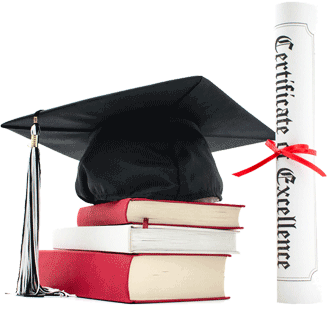The Pros and Cons of Freelance Proofreading
0Freelance proofreading involves providing proofreading services on a project-based or contractual basis. In this arrangement, proofreaders may review a variety of written content, however they work independently rather than being employed by a single company or organisation.
Before you venture into freelance proofreading, it’s crucial to weigh the pros and cons first to ensure you’re well-prepared for the freelancing journey. Read on.
Pros of Freelance Proofreading
- Flexibility: You can work anytime, anywhere as long as you meet your clients’ deadlines. If you have other commitments or you’re doing proofreading as a side hustle, this setup is preferable.
- Low start-up costs: You don’t need a big investment to start up. All you need is a computer, internet, and proofreading software.
- Opportunity for a variety of projects: You have the discretion to work with diverse clients and a wide range of proofreading projects such as proofreading academic documents, books, and student documents. This variety can keep the work interesting and help you develop your expertise in different subjects.
- Potential for high earnings: You can command high rates especially if you’re an experienced proofreader with a niche. This means you can potentially earn more compared to traditional employment.
Cons of Freelance Proofreading
- Inconsistent income: This is one of the challenges of freelance work, especially when you’re still starting. Freelancing comes with unpredictability. Demands can vary from high to little to no work which makes financial planning challenging.
- Self-marketing: Self-marketing: Since you’re working independently, you are responsible for marketing your services and finding clients. Unless you already have a big network, it’ll be very challenging for newcomers in this industry. For example if you want to make flyers to hand out to students
- Isolation: Yes you have a sense of privacy when working remotely. However, there’s a lack of social interaction in this kind of setting and this can affect your well-being.
- Business management responsibility: Business management responsibility: You take care of everything including invoicing, business poster making, bookkeeping and tax payments. Staying up-to-date with the trends is included.
In conclusion, freelance proofreading offers both advantages and disadvantages, so you need to weigh these factors carefully to identify if they align with your plans or goals.
Are you looking for freelance proofreading opportunities? Visit Findaproofreader now and list your business!


